Common Mistakes Made Regarding Hydration
The human body is made up of between sixty and seventy percent water. Water is vital for the function of the body's vital organs, digestive systems, and an individual's ability to cool themselves down. When an individual is hydrated, their skin tends to be better, there's less chance of brittle nails and hair, and their overall health is improved. Their kidneys function better because they're cleaner. The joints and muscles are better lubricated, which is important for day-to-day function. Staying properly hydrated can also help prevent individuals from overeating. An individual's ability to perform physically and mentally is affected by their hydration. If someone is dehydrated, they will often experience a decline in mental function and focus even if the dehydration isn't severe.
However, many individuals make several mistakes when it comes to staying hydrated. Get to know what these mistakes are now.
Only Drinking When Thirsty
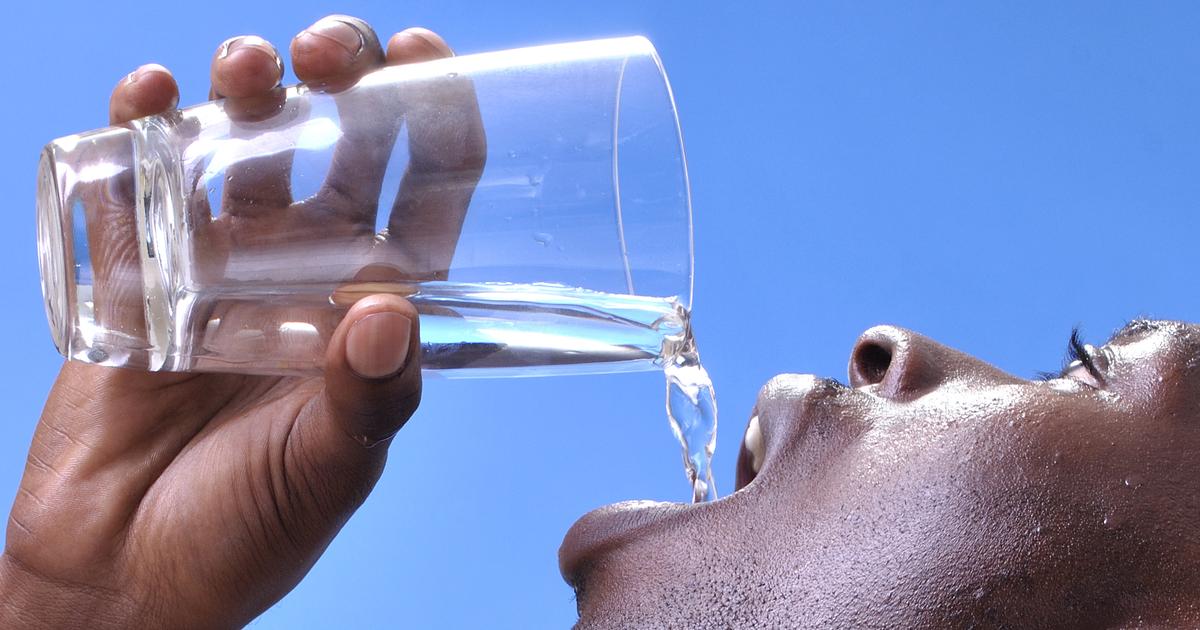
One of the most common mistakes individuals make is only drinking when they're thirsty, but this can lead to overhydration and an imbalance in electrolytes. Furthermore, if an individual feels thirsty, it means their body is already dehydrated. With that said, it's not good to drink too much throughout the day. A better approach is to keep a bottle or glass of water nearby and take a small sip every few minutes. This keeps the body hydrated without flooding it with too much water. It's more important to take a sip of water at regular intervals than to meet a set number of cups per day. Eight glasses a day isn't actually necessary for everyone, and different individuals have different hydration needs. When individuals have had enough to drink, their body's urge to swallow water subsides. Their body won't get low on water if individuals drink small amounts throughout the day instead of waiting until they're thirsty and then chugging. Instead of using the eight glasses rule, a more standard rule of thumb is one ounce of water is necessary for every pound of body weight.
Read more about the common mistakes individuals make when it comes to hydration now.
Not Replacing Electrolytes
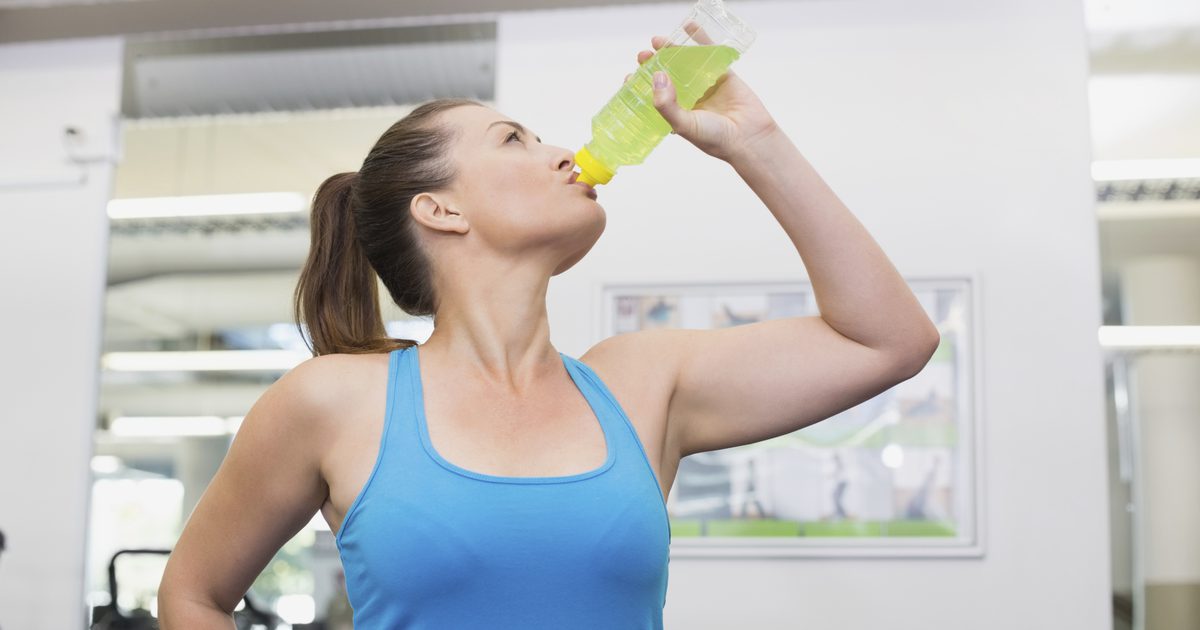
Not replacing electrolytes is a serious mistake many individuals make when hydrating, as water alone doesn't have the electrolytes the body needs. Electrolytes are substances necessary for organ and body system function. These minerals and compounds are essential for helping muscle contraction and energy production. Some of the most common electrolytes are calcium, potassium, chloride, and sodium. Some individuals make the mistake of cutting salt out of their diet entirely, which can lead to a sodium imbalance. While it's true too much salt in one's diet can increase the risk of high blood pressure, individuals need sodium to retain enough water in their body. Balanced electrolytes are necessary for regulating fluid levels in the body and blood plasma. In addition, electrolytes are responsible for muscle contractions throughout the body, including the heartbeat. A serious enough electrolyte imbalance can lead to heart damage and cardiac arrest. Individuals also need electrolytes to create new tissue, help with blood clotting, and transmit nerve signals.
Uncover more hydration mistakes now.
Only Drinking Water When Active or It's Hot
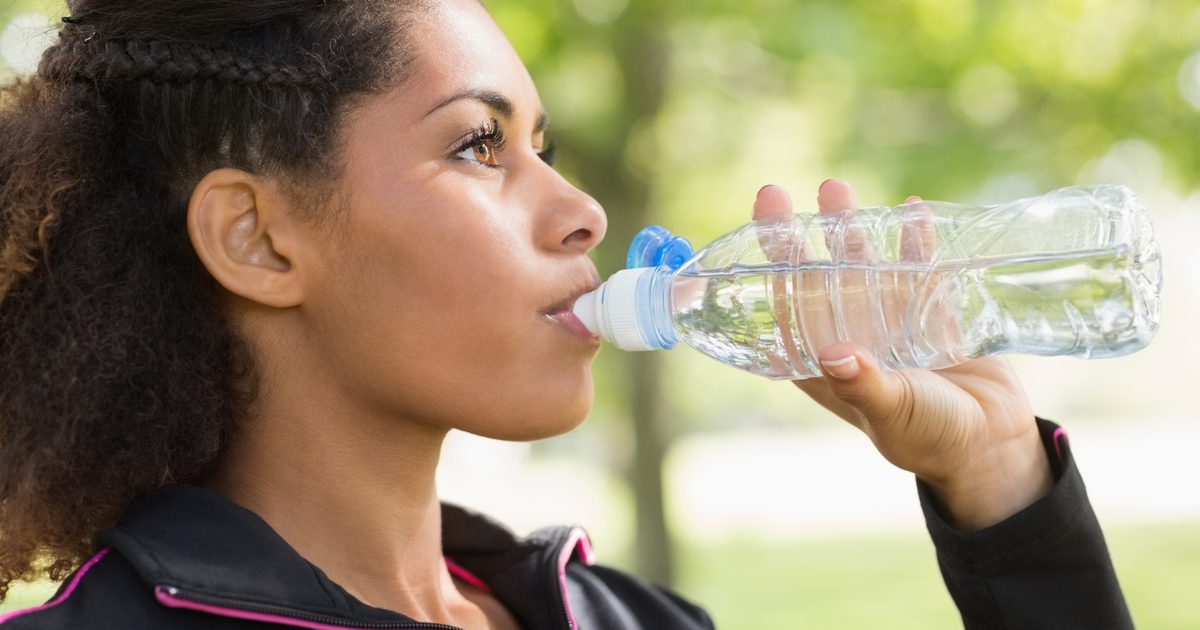
One common mistake individuals make is only drinking water when active or when it's hot. Individuals do need to drink more water when it's hot out or when exercising, but these aren't the only times when water is necessary. Many individuals drink soda, juice, milk, and other caffeinated beverages instead of water. Alternatively, they may not drink beverages at all. Then, when it gets hotter outside or they're engaging in exercise, they drink water. Hot weather leads the body to become dehydrated more easily. But if an individual is already dehydrated before they go outside, they're at a much higher risk of developing a heat-related illness. The same is true of exercising. Experts recommend hydrating before beginning an exercise, during the exercise itself, and afterward. Vigorous physical activity is supposed to make individuals thirsty, and it's good to drink water during it. But if individuals are not drinking water at other times of the day as well, they'll hurt their overall hydration levels. On top of this, individuals should try to drink fluids that help replenish electrolytes when they exercise.
Keep reading to reveal more common hydration mistakes now.
Drinking Too Much Too Quickly
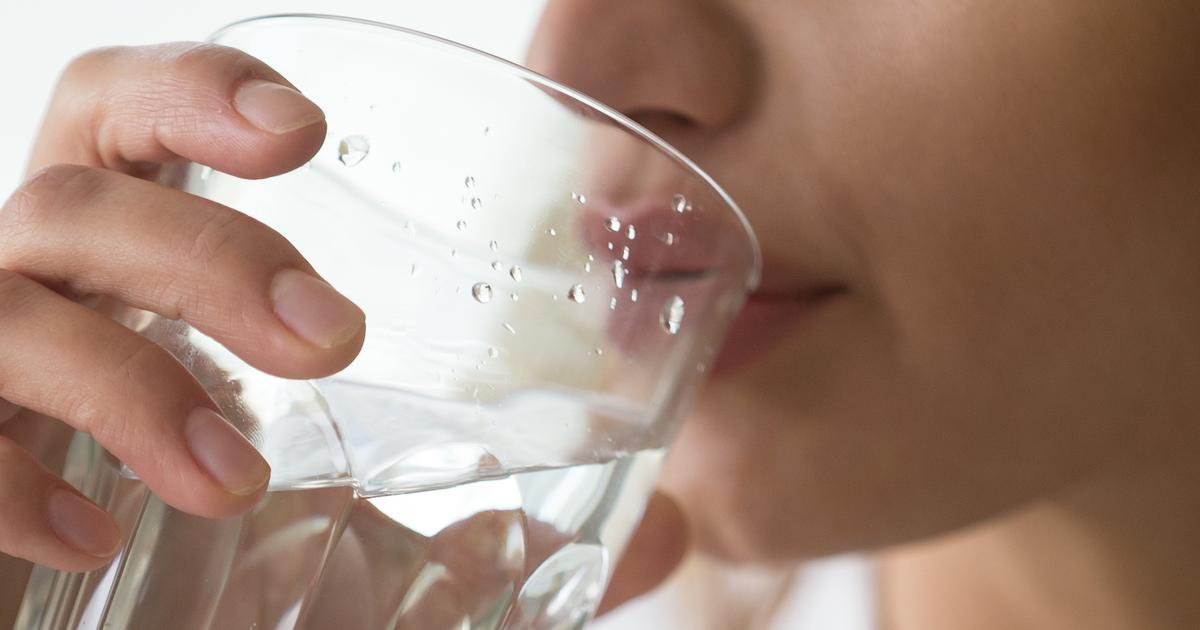
Drinking too much too quickly can be as bad for hydration as not drinking enough. Many individuals get caught up in a cycle of forgetting to drink, feeling thirsty, drinking too much water, and then getting thirsty again. It's better to sip water throughout the day in small doses than to drink a lot at once. There's actually a medical condition called water intoxication that occurs when a patient's brain function becomes disrupted from excess consumption of water. When individuals drink a great deal of water at once, the amount of water in the blood increases. This can lead to a dilution of electrolytes, particularly sodium. Low sodium levels cause many problems throughout the body. In the most severe cases, they can affect brain cells. Fluid on the outside of the cells moves inside the cells instead, which leads to swelling. The effects of water intoxication are dangerous enough to be life-threatening. Even if individuals don't experience water intoxication, drinking too much water isn't good for their body's ability to regulate itself.
Discover additional hydration mistakes now.
Assuming Coffee And Tea Aren't Hydrating
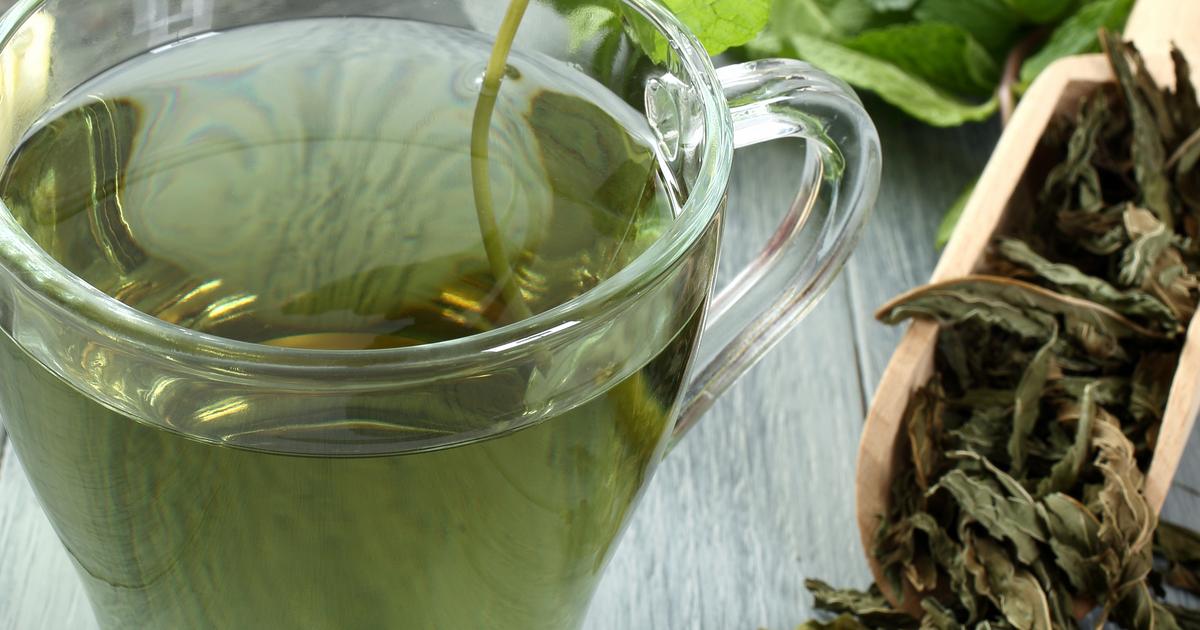
One of the most prevalent myths about hydration is that tea, coffee, and other caffeinated beverages are dehydrating. Some individuals fail to drink anything rather than drinking coffee or tea because of this. But these beverages don't actually cause dehydration. Caffeine is a minor diuretic, so it causes an individual's body to flush out water and sodium through the urine. But experts say this doesn't lead to dehydration when the effect is accompanied by liquid. As individuals take in the fluid from the tea or coffee, this counterbalances the effects of the caffeine. Their body will automatically absorb whatever fluid it needs from that and dispel the rest through the urine. This means tea and coffee provide hydration rather than dehydrating an individual further. With that said, water or electrolyte-rich formulas are a better bet if an individual is already dehydrated. But if coffee and tea are the only choices, they're significantly better than nothing.
